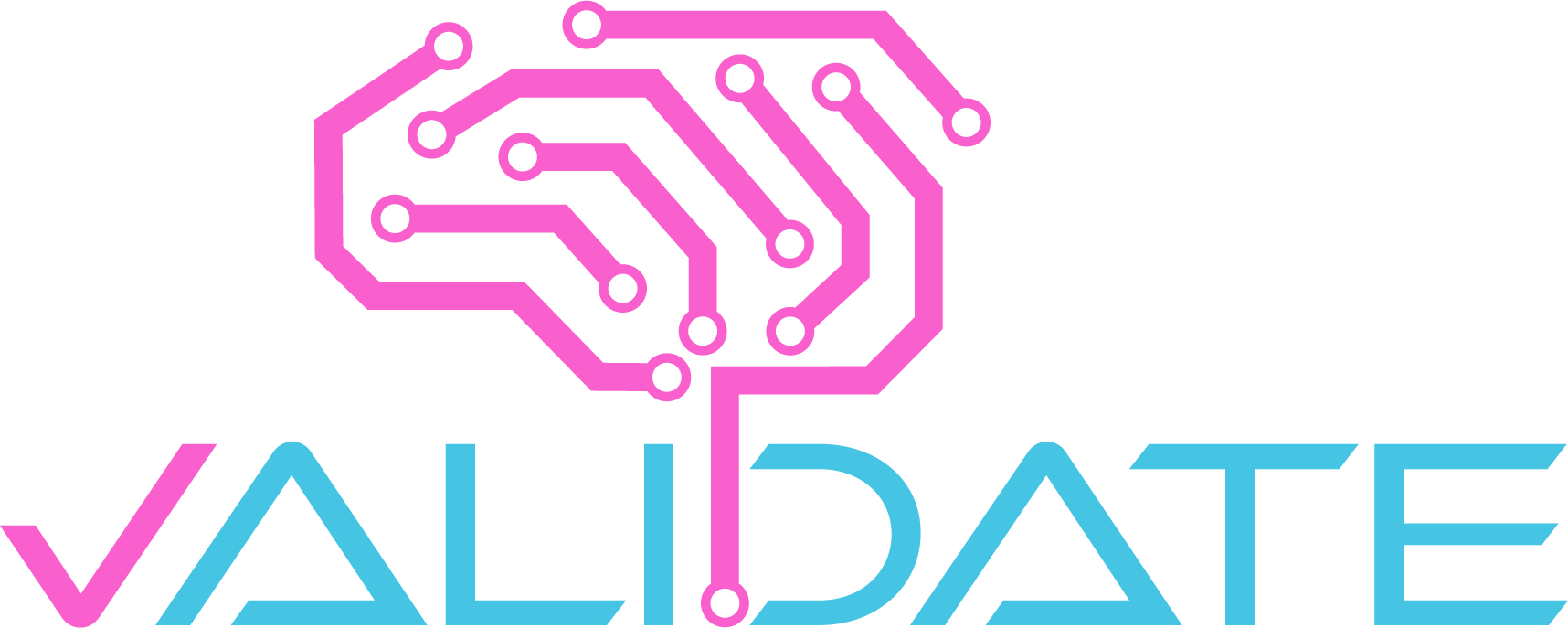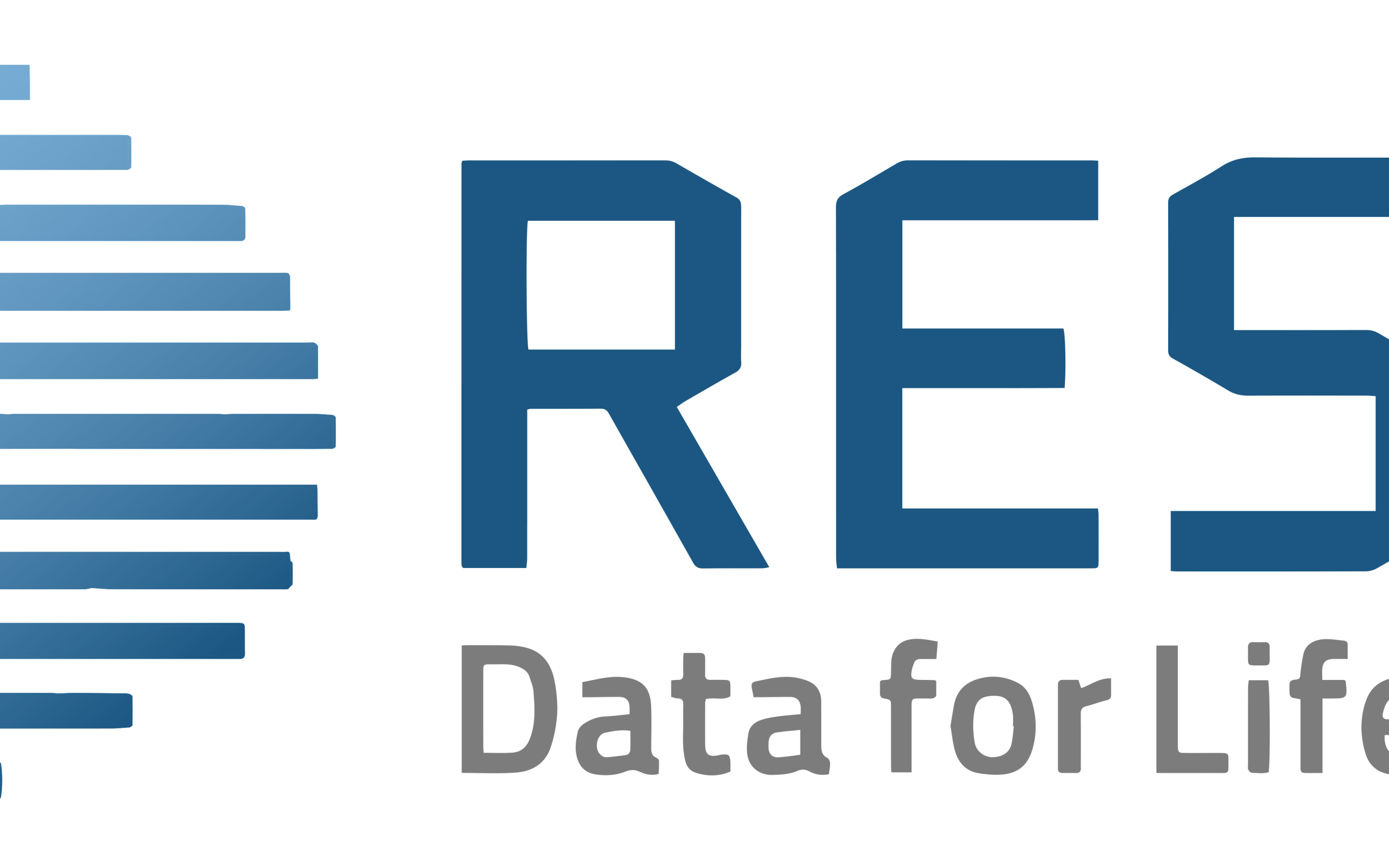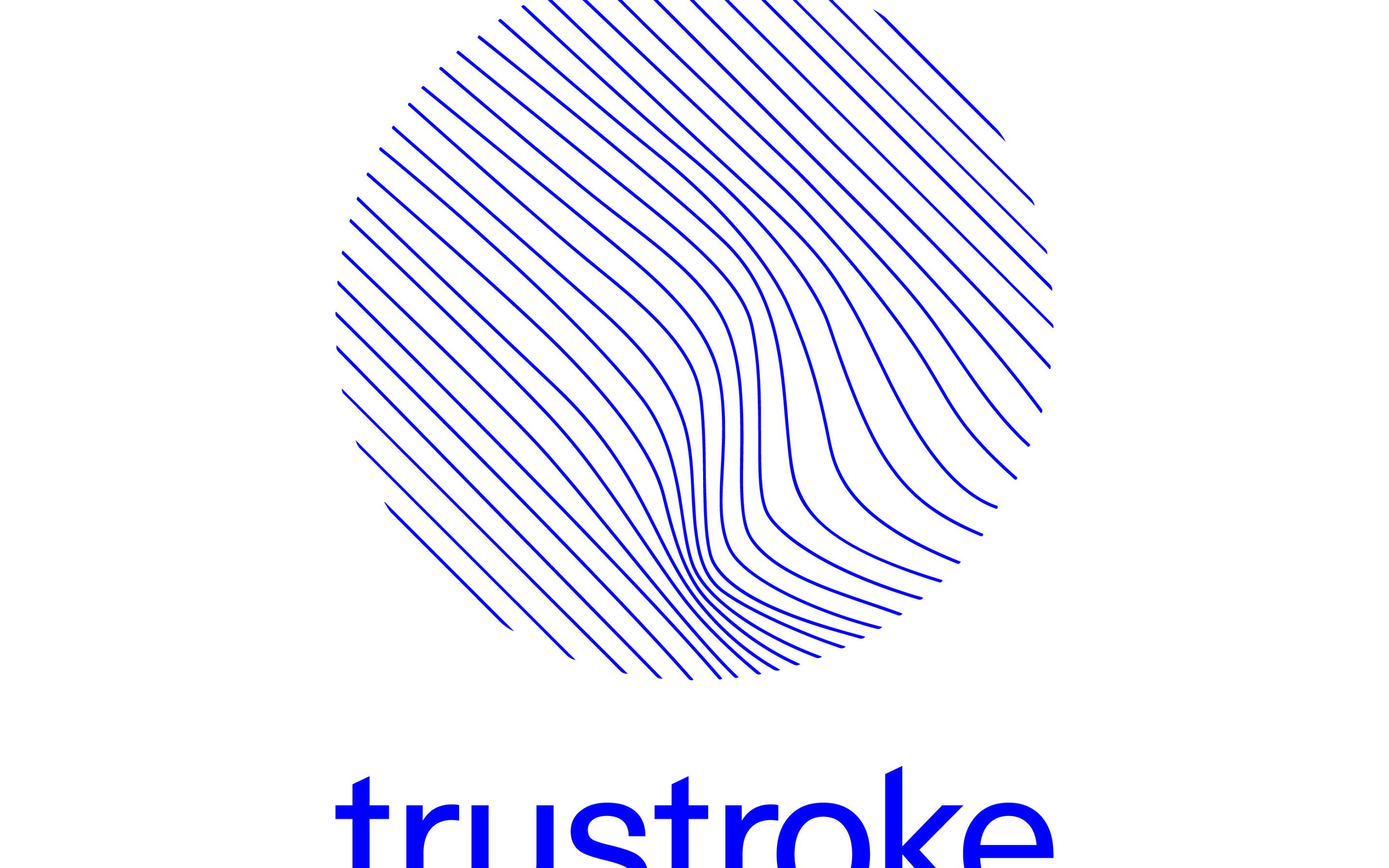
Mar 19, 2025
The Neurological Conditions campaign launched last week during Brain Awareness Week, highlighting the latest innovations in brain health and neurological treatment. This campaign showcases the researchers, healthcare professionals and organisations driving progress in neurology, developing cutting-edge treatments and improving patient outcomes.
At SAFE, we are committed to raising awareness of the challenges stroke survivors face and advocating for better support and rehabilitation across Europe. That’s why we partnered with Mediaplanet on this initiative, ensuring life after stroke remains a key focus in the conversation around neurological care.
Click to read the article by our Director General Arlene Wilkie
Click to read

Mar 15, 2025
On Brain Awareness Week’s sixth day we are focusing on Validate, an EU Horizon research project which is using AI to revolutionise stroke treatment by analysing patient data and helping doctors make faster, more informed decisions. A huge part of this project is ensuring that AI is trustworthy, safe, fair and reliable before its widespread hospital use.
AI’s role in stroke treatment
Over one million people in the EU suffer from ischemic strokes each year. Treatments like mechanical thrombectomy (removing the clot) and intravenous thrombolysis (dissolving the clot with medication) can be lifesaving, but their effectiveness varies based on factors like time since the stroke, patient age, health problems and genetics can affect the outcome. VALIDATE is developing an AI tool to help doctors select the best treatment for each patient.
Ensuring AI is Safe and Fair
To make AI a reliable medical tool, VALIDATE focuses on:
- Training AI with diverse data to reduce bias
- Collaborating with doctors, AI experts and patients
- Following EU safety and ethical regulations
- Continuously testing for accuracy and reliability
Dr. Riana Mutua from the Berlin Institute for Health stresses the need for interdisciplinary collaboration:
“Ensuring AI is trustworthy in healthcare requires more than just technical excellence. At VALIDATE, we work closely with doctors, patients and AI developers while following strict ethical and regulatory guidelines. By combining expertise across fields, we will create an AI system that doctors can trust – one that truly benefits patients and leads to more informed treatment decisions.”
Arlene Wilkie, Director General of the Stroke Alliance for Europe (SAFE), highlights the importance of patient involvement:
“It is essential that stroke survivors have a voice in the development of AI tools that will impact their care. Through VALIDATE, we ensure that this technology is designed with both patients and clinicians in mind. AI should not only support doctors in making better decisions but also improve outcomes and quality of life for those affected by stroke.”
By prioritising safety, fairness and patient-centered design, VALIDATE is paving the way for more personalised, effective and trustworthy AI-assisted stroke care.
Click to view video about how Validate makes AI safe
Or click to visit the Validate website

The VALIDATE project receives funding from the European Commission’s Horizon Europe Programme under grant agreement number 101057263.

Mar 14, 2025
On Brain Awareness Week’s fifth day we are focusing on RES-Q+, an EU Horizon-funded initiative, that will improve stroke care quality by combining artificial intelligence (AI) with stroke data.
Building on the Registry of Stroke Care Quality (RES-Q), which collects stroke care information from over 2,100 hospitals in this project, aims to improve stroke treatment faster, more effective and easier to access.
RES-Q+ will use technology to automatically collect hospital data. AI-powered virtual assistant tools will help doctors assess risks and improve treatment plans. These AI tools, developed with stroke survivors, will also support recovery by tracking progress, providing information and ensuring access to post-stroke care and rehabilitation.
“By involving both patients and clinicians in the development of our tools, we ensure the technology the project develops meets their needs,” says Hendrik Knoche, project co-leader at Aalborg University.
Arlene Wilkie, Director General of the Stroke Alliance for Europe, adds: “This could transform stroke recovery by making follow-up care more personalised and accessible.”
For more information about the project
Click to view video
Or click to visit the RES-Q+ website
Or contact SAFE on research@safestroke.eu

RES-Q+ has received funding from the European Union under grant agreement No 101057603.

Mar 13, 2025
On the fourth day of Brain Awareness Week, we are shining a spotlight on TRUSTroke.
This project is using Artificial Intelligence (AI) to improve stroke recovery by helping to predict future health risks. Stroke survivors often face unpredictable complications that may lead to hospital readmissions. The research team behind this EU Horizon funded project are working with stroke survivors in three European hospitals to develop an AI-driven system to personalise treatment and reduce risks such as serious post-stroke health issues, mobility challenges and recurring strokes.
A key part of the project is an easy-to-use app, with new functionality co-designed with patients, that keeps stroke survivors connected with their healthcare professionals. Patients can track their progress and share updates, allowing healthcare professionals to tailor care more effectively.
“Because this app is being optimised with input from stroke survivors, it will be accessible and simple to use,” says Carolina Lauzen, UX Designer at Nacar Design.
Arlene Wilkie, Director General of the Stroke Alliance for Europe, highlights the impact: “This new technology will help healthcare professionals and stroke survivors work together on long-term recovery plans.”
With AI and patients at its core, TRUSTroke is paving the way for improved lives after stroke.
To learn more about the project:
Click to view video about the app
Or visit the TRUSTroke website
Or contact SAFE on research@safestroke.eu

This project is supported by Horizon Europe under grant agreement Nº101080564

Mar 12, 2025
On Brain Awareness Week’s third day we are focusing on a new international study, the EAST-STROKE trial, which is investigating a potential new treatment to prevent new strokes in patients with acute ischemic stroke and atrial fibrillation (AF). Funded by the EU Horizon programme, the trial will test whether Rhythm Control, a method to restore normal heart rhythm, can reduce the risk of further strokes and heart problems in stroke patients with AF.
AF is a common heart condition that causes an irregular heartbeat, increasing the risk of blood clots that can lead to an ischemic stroke. While Rhythm Control is already used to treat AF, it has not yet been widely applied to acute stroke patients. The EAST-STROKE trial aims to change that by integrating this treatment early after a stroke, alongside standard care.
“If the study confirms this new treatment strategy, it could change the way we treat stroke patients with atrial fibrillation worldwide and help prevent many new strokes,” said Professor Götz Thomalla, project coordinator and Director of Neurology at the University Medical Centre Hamburg-Eppendorf (UKE).
Launched in early 2025, the six-year trial will enroll 1,746 patients across Germany, Spain, the Netherlands, Switzerland and Australia, with further expansion planned to the UK, Canada and Brazil. The study’s international scope aims to ensure that its findings can be widely implemented.
Arlene Wilkie, Director General of the Stroke Alliance for Europe (SAFE), emphasized the potential impact: “This trial has the potential to improve stroke care across the globe, giving patients better outcomes and reducing the burden of stroke on individuals, families and healthcare systems.”
If successful, the EAST-STROKE trial could lead to a major shift in stroke treatment, helping thousands of patients worldwide avoid recurrent strokes and heart complications.
For more information, click to view video.
Or click visit the EAST-STROKE website.

The project has received funding from the European Union’s Horizon 2020 research and innovation programme under grant agreement number 101156541

Mar 11, 2025
On Brain Awareness Week’s third day we are focusing on another new EU-funded research project called UMBRELLA which aims to make stroke care faster, more effective and more accessible. The project, co-led by Vall d’Hebron Research Institute (VHIR) and Siemens Healthineers, will use advanced technology, artificial intelligence (AI) and real patient data to help doctors make better treatment decisions, improve recovery and prevent future strokes.
What is a stroke?
A stroke happens when blood flow to the brain is blocked by a clot (ischemic stroke) or when a blood vessel bursts (haemorrhagic stroke). When this happens, brain cells start to die quickly, which can cause serious damage or disability. Fast diagnosis and treatment are critical to save lives and improve recovery.
How UMBRELLA is setting out to improve stroke care
- Faster diagnosis & treatment – UMBRELLA will help speed up stroke diagnosis and treatment, reducing delays that can lead to disability.
- Personalised care – Every patient is different. UMBRELLA will use data from seven European hospitals to develop AI models that support doctors in providing more personalised treatments.
- Better access to care – Not everyone gets the same level of care, especially in remote areas. UMBRELLA will introduce virtual recovery tools and wearable devices to help more patients.
- Understanding unknown strokes – About 1 in 4 strokes has no clear cause. UMBRELLA will study these cases to find better ways to prevent and manage strokes.
A strong team across Europe
The UMBRELLA project brings together hospitals, researchers, not for profit organisations and companies from Spain, Italy, Belgium, Switzerland, Germany and the Netherlands. Dr Carlos Molina, Head of the Stroke Research group at Vall d’Hebron Research Institute (VHIR) and scientific leader of this project, says the project will set new standards for stroke care and improve lives.
“We are proud to be part of this project, which will help stroke patients and survivors across Europe,” says Arlene Wilkie, Director General of SAFE.
By improving diagnosis, treatment and prevention, UMBRELLA aims to transform stroke care and improve the quality of lives thousands of people.
To learn more about the project:
Click to visit the Umbrella website
Or contact SAFE on research@safestroke.eu
This project is supported by the Innovative Health Initiative Joint Undertaking (IHI JU) under grant agreement No 101172825. The JU receives support from the European Union’s Horizon Europe research and innovation programme and COCIR, EFPIA, Europa Bío, MedTech Europe and Vaccines Europe.
Page 1 of 9612345...102030...»Last »











